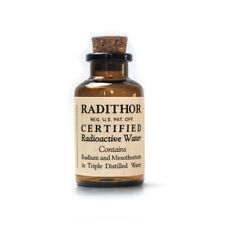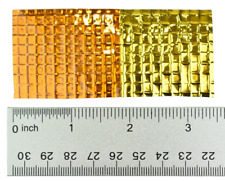
Exploring methods to protect living organisms from chronic or acute doses of radiation, military researchers say they have uncovered how an unusual bacterium manages to deal with radiation exposure that would kill any other living creature.
Describing their work in PLoS Biology, the researchers from the Uniformed Services University of the Health Sciences (USU) say their discovery could lead to new avenues of exploration for radioprotection in diverse settings.
In the past, efforts to protect against ionizing radiation have focused on DNA damage and repair, but the bacterium in question – Deinococcus radiodurans – has nothing obviously unusual in its DNA repair components and employs quite a different method, relying instead on protein oxidation.
In the new study, which examined the consequences of this disparity, the researchers demonstrated that high cytosolic manganese and low iron concentrations enable resistance by protecting proteins, but not DNA, from ionizing radiation-induced oxidative damage.
The findings point to new avenues of exploration for protection from radiation, which could eventually influence how individuals are treated for exposure to chronic or acute doses of radiation. In the civilian sector, this may mean better outcomes from radiation therapy and new ways to contain toxic runoff from radioactive Cold War waste sites.
Related articles:
Exotic Underground Bacteria Thrive On Radiation Rather Than Sunlight
Radiation Resistant Organism Reveals Its Secrets
The Race To Understand Skin Cancer


















Comments are closed.